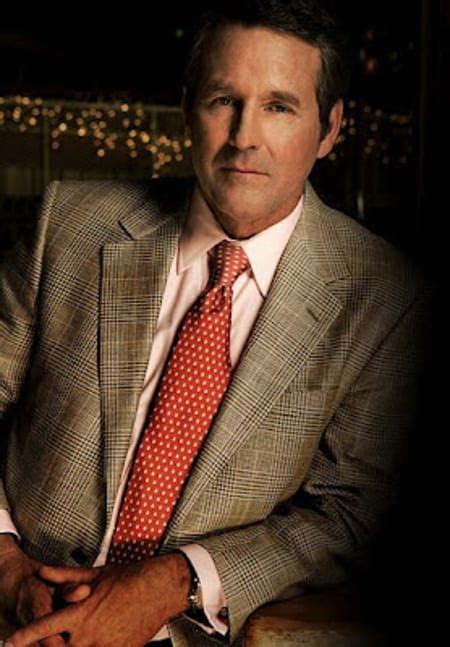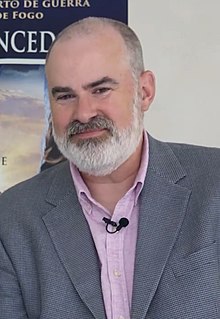A Quote by Timothy Bottoms
A lot of feature films do two pages a day.
Related Quotes
We made four feature films with Sherwood Baptist. The wonderful thing was the church (members) volunteered. It was an awesome atmosphere of attitudes. The hard part was (that) all four of the first feature films we made take place in modern-day Albany, Georgia. We know that not all of our films going to be (set in) modern-day Albany, Georgia.
As soon as I finished film school I was thinking about, how do I get to feature films? It took about eight years, and I'm still working. Feature films was not the end goal. Feature films was one of the stages. Getting to the point of the Coen brothers or Tarantino, where you're writing your own material and have the budget to do it properly, that's the end goal, and I'm close to that.
I think I entered the market around the time when there was getting to be less snobbery about the difference between feature films and television. I think there's been a lot more receptivity on television to interesting adult stories that in the '60s and '70s would have been made into feature films. I have no problem jumping back and forth. If anything, I find it less restrictive working in television.
I'm so used to artists saying to me, "Listen, I'm going to have five pages done next week," and then three weeks later I'm phoning them, begging them for two pages. And Stuart [Immonen]is a guy who will promise you five pages and deliver six pages, and the six pages are even better than you could have ever imagined.
I was a journalist. I was a drummer. I was everything. I didn't know what the heck I was. But with Jack Paar, the job was very specific - no confusion. You came in each day. You wrote five pages of jokes. You handed the pages in... The pressure was to write five pages of jokes every day. I did it, and I thought, 'This is what I like to do.'
I really do believe that chance favours a prepared mind. Wallace Stegner, who was one of my teachers when I was at Stanford, preached that writing a novel is not something that can be done in a sprint. That it's a marathon. You have to pace yourself. He himself wrote two pages every day and gave himself a day off at Christmas. His argument was at the end of a year, no matter what, you'd got 700 pages and that there's got to be something worth keeping.


































